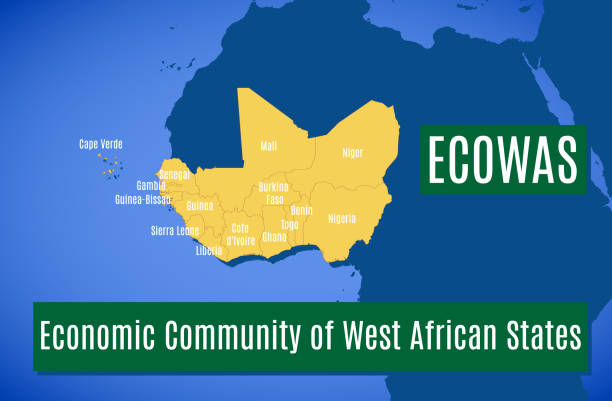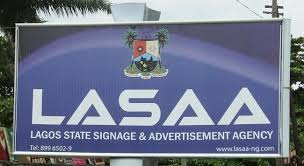Micro, Small, and Medium Enterprises (MSMEs) in the ECOWAS region, through the ECOWAS Small Business Coalition (ESBC), have advocated for creating a railway corridor connecting all member states to complement the existing road network.
The proposal came after their inaugural exhibition and workshop, held from November 21 to 23 in Abidjan, Ivory Coast. Organised by the ESBC in partnership with the ECOWAS Commission and Ivory Coast’s Ministry of Commerce and Industry, the event brought together small business operators from across the region. The coalition underscored SMEs’ logistical challenges in transporting goods and services within the ECOWAS subregion.
Participants emphasised the importance of clearer communication on cross-border trade obligations and improvements in the movement of goods and people. Although ECOWAS has affirmed the free movement of goods and people under its protocols, it clarified that such movements still require compliance with formalities and customs duties.
At the workshop, ESBC members presented several proposals to address transportation issues. They called for ending cross-border harassment and corruption, attributing such issues to unnecessary taxes. Additionally, the coalition suggested empowering local Small Business Coalitions (SBCs) to issue certificates of origin to entrepreneurs to simplify trade processes.
The coalition proposed online training platforms for SBCs to enhance their capacity to support SMEs. It also stressed the importance of information access for SME success and encouraged awareness of the African Continental Free Trade Area (AfCFTA) and ECOWAS frameworks to help SMEs navigate trade barriers. They further emphasized the need for harmonized fiscal policies across ECOWAS and advised SMEs to select suitable business models and seek advisory guidance.
During the discussions, the coalition addressed the necessity of fostering innovation and sustainable development within the region’s SMEs to boost competitiveness. They proposed training in certification, efficient technology transfer, and research to facilitate business expansion across borders. Although financing mechanisms exist for SMEs, the coalition noted that many small businesses struggle to access these funds due to limited resources and absorption capacity. To address this, they recommended promoting business models tailored to African contexts and learning from the BRICS nations’ economic strategies.
The ESBC also proposed several initiatives to further support SMEs in the region, including establishing an ESBC television network to raise awareness, creating a dedicated SME financing bank, and developing strategies for a common ECOWAS currency. They called for removing customs and monetary barriers and setting up international shipping lines to improve logistics. Recognising the needs of landlocked countries, the coalition suggested improving their access to ports.
The ESBC concluded that substantial work remains to enhance the competitiveness and growth of SMEs in the ECOWAS region, especially in the areas of innovation, financing, and cross-border trade facilitation.
ECOWAS Proposes Railway Corridor For Member States
ANOTHER GOOD READ
Most Recent
High Delivery Costs Deepen Crisis in Nigeria’s E-commerce Sector
November 26, 2024
Nigeria’s Unemployment Rate Drops To 4.3% In Q2 2024, Reports NBS
November 26, 2024
IMF Explains Projected 2.9% Economic Growth For Nigeria In 2024
November 26, 2024
ECOWAS Proposes Railway Corridor For Member States
November 26, 2024
COP29: Nations Agree On $300bn Annual Climate Fund
November 26, 2024
Violence Against Women And The Nigerian Economy
November 25, 2024
endless Grid FAILURES: Stakeholders Push For Decentralised Grid System
November 25, 2024















